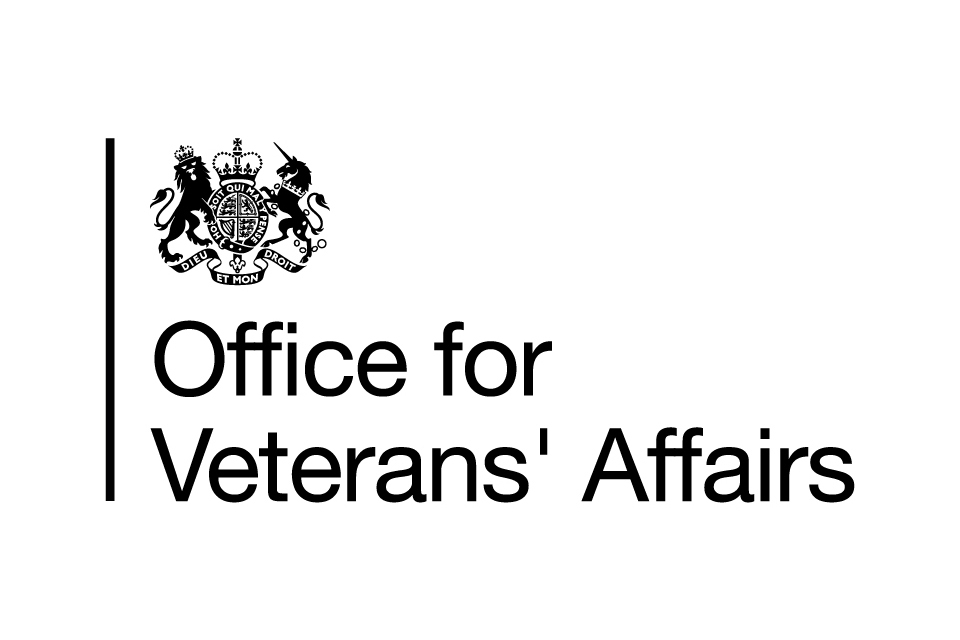Please find the latest research and analysis from the Office for Veterans’ Affairs below:
Across the UK, the most frequently cited sources of veteran-related information were word of mouth from friends or family (36.4%), followed by social media (34.2%), regimental associations (29.9%) or veteran charities (29.2%). When asked a follow-up question to understand where veterans mainly received their information, social media was the most common answer (25.9%).
The percentage of veterans that cited veteran charities as a main source of information was associated with health variables (14.7% of veterans who were disabled said veteran and service charities were their main source of information compared with 11.3% of those who were not disabled). We see a similar pattern for non-military charities.
Over a fifth of veterans (22.8%) had looked for help from a veteran or service charity. Veterans were more likely to seek help after 2 years of leaving the UK armed forces (66.3%) than within 2 years of leaving (38.7%).
Veterans with a disability or who were female or who were aged 49 years and under were more likely to have looked for help from a veteran or service charity than their counterparts, and veterans that had served as commissioned officers were less likely to have looked for help than those who had not (15.3% compared with 25.0%).
Veterans who felt they were subject to bullying during service were more likely to have looked for help from a veteran or service charity than those who did not (30.6% compared with 18.4%). Findings were similar when we considered whether a veteran said they were subject to discrimination or harassment during service.
Across the UK, 64.0% of veterans said they agreed to some extent with the statement ‘I don’t have a say in what the government does’ and over a half of veterans said they agreed to some extent that they felt they belonged to their local community (53.0%). This varied by personal and service-related characteristics.

















